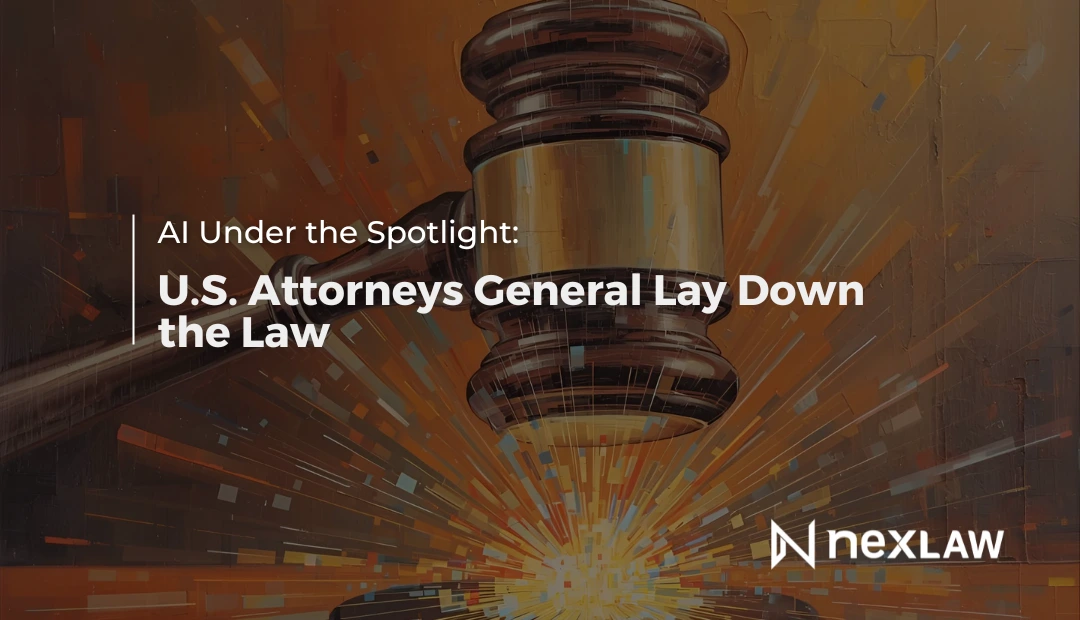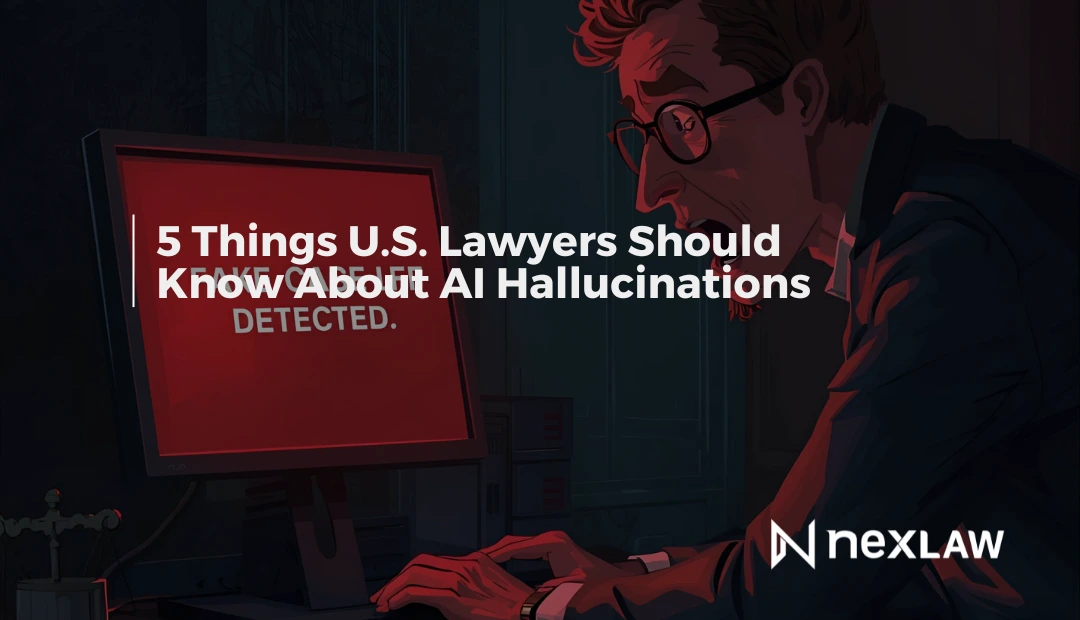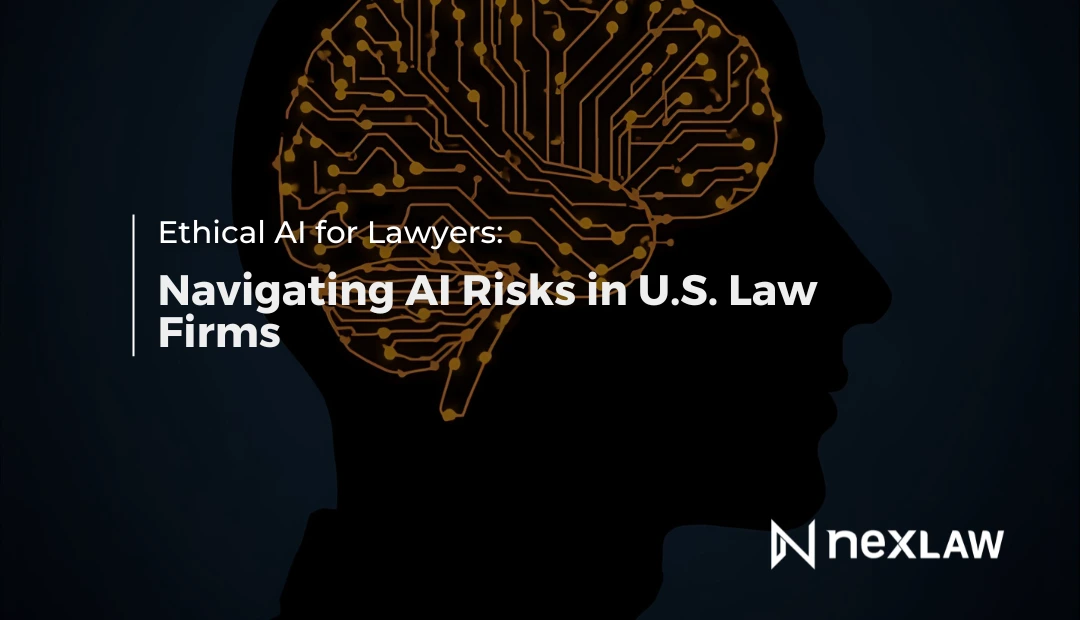Is Your AI Legally Compliant? A Guide for Modern Legal Practices
The rapid adoption of Artificial Intelligence (AI) in legal practice raises a crucial question for law firms and legal departments: is the use of AI tools legally compliant? This isn’t just about technological adoption; it’s about navigating a complex web of existing regulations, emerging guidelines and professional responsibilities to ensure that AI integration is both innovative and legitimate.
Understanding the Compliance Framework:
The legal compliance of AI in legal practice is multifaceted, touching upon several key areas:
1. Data Privacy and Security (e.g., GDPR, CCPA):
- Challenge: AI systems often require vast amounts of data for training and operation, including sensitive client information. Ensuring that this data is collected, stored, processed and deleted in compliance with data protection laws (like GDPR, CCPA and local equivalents) is paramount.
- Compliance: Law firms must vet AI vendors for their data security protocols, ensure proper consent for data usage and implement robust safeguards to prevent data breaches. Anonymization and pseudonymization techniques are crucial.
2. Bias and Discrimination:
- Challenge: If AI algorithms are trained on biased historical data, their outputs can perpetuate or create discriminatory outcomes, potentially violating anti-discrimination laws.
- Compliance: Firms must be aware of the potential for algorithmic bias in AI tools, seek out solutions that mitigate bias and implement human oversight to review and correct biased outputs.
3. Jurisdictional Nuances and Evolving Regulations:
- Challenge: Regulations specifically governing AI are still nascent but rapidly developing. Different jurisdictions may adopt varying approaches to AI governance, data sovereignty and liability.
- Compliance: Staying informed about local and international AI regulations is essential. This includes understanding rules around AI auditing, accountability and the legal implications of AI-driven decisions.
Due Diligence in AI Adoption:
Before integrating any AI solution, legal practices must conduct thorough due diligence:
- Vendor Vetting: Evaluate AI providers for their compliance standards, data security practices and commitment to ethical AI development.
- Transparent Policies: Ensure the AI tool’s functionalities, data handling and limitations are clearly understood and documented.
- Internal Protocols: Develop internal policies and training for staff on the responsible and compliant use of AI tools.
NexLaw: Built for Compliant Innovation
At NexLaw, we are committed to providing AI solutions that meet the highest standards of legal and ethical compliance. Our platforms, including AI Litigation and Case Law Summarizer, are developed with robust data security, privacy-by-design principles and a focus on empowering legal professionals to make informed, compliant decisions. We understand the regulatory landscape and strive to ensure our technology supports your adherence to professional obligations.
Conclusion
The answer to “Is AI legally compliant for legal practice?” is not a simple yes or no. It depends on how AI is implemented, managed and overseen within a legal framework. By prioritizing data privacy, ethical use and continuous oversight, legal practices can confidently embrace AI as a powerful, compliant asset in their pursuit of justice and efficiency.
Ready to explore how compliant AI can transform your practice? Request a demo of NexLaw or subscribe to our insights to stay ahead of the curve in legal tech innovation.
.webp)



.webp)
.webp)




